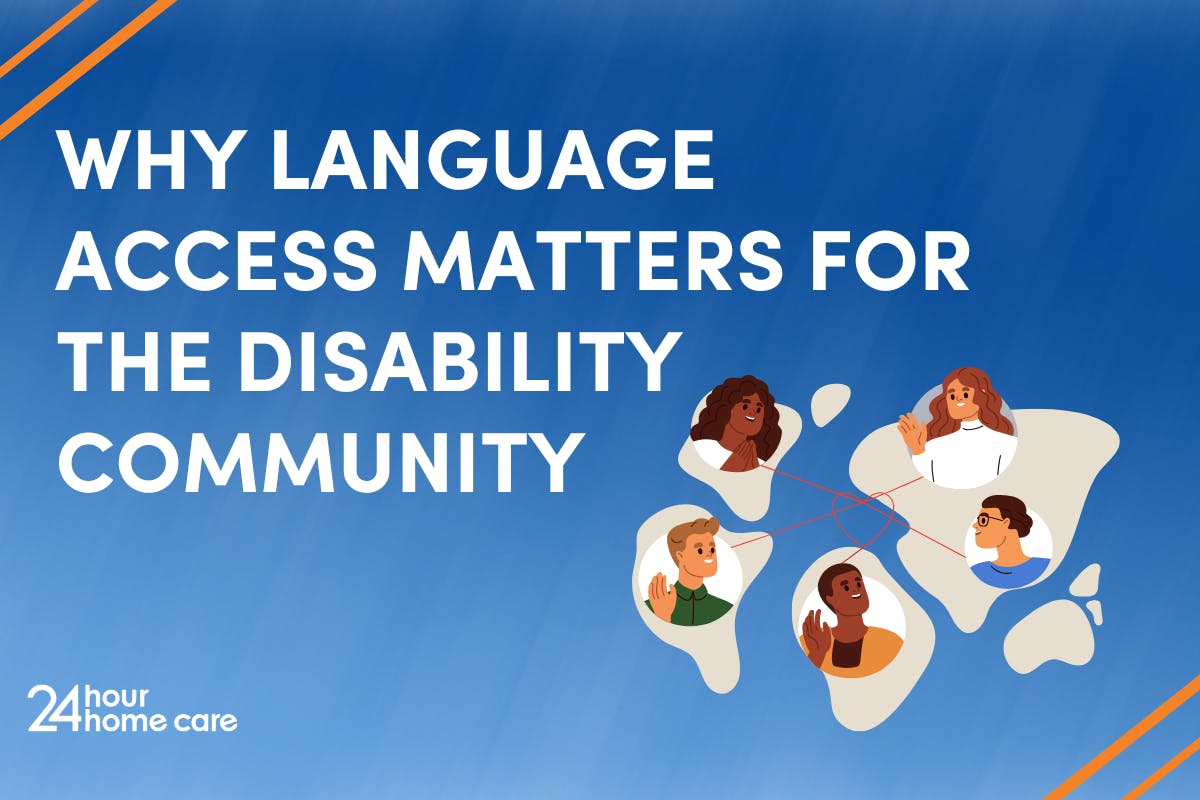Why Language Access Matters for the Disability Community
Language access is more than translation services — it's about inclusion, dignity, and ensuring every individual has an equal opportunity to receive the best support they can.

Navigating the world of disability services can be tricky on its own. Trying to navigate this system while dealing with a language barrier can make finding the right care seem impossible.
Parents and guardians who speak English as a second language run into more obstacles than they should. When faced with a language barrier, the unfortunate outcome is that any service, let alone the best service, can feel out of reach.
Communication Shouldn’t Be a Barrier to Care
Navigating the health care system is not an easy task. Parents who are trying to find care for their children must advocate for themselves and their child, learn industry-specific jargon, and read through a mountain of paperwork. These tasks can feel unattainable when a family speaks English as their second language.
Nearly 68 million people in the U.S. speak a language besides English in their home, and of that, nearly 26 million people have limited English proficiency. For children with disabilities and their families, a gap in language access can compromise the level of care they receive. Communication should be a bridge, not a barrier.
Language access is more than translation services — it's about inclusion, dignity, and ensuring every individual has an equal opportunity to receive the best support they can.
Who is Most Affected?
Unfortunately, communities who are already marginalized are the most affected by a lack of language access. According to a health policy organization, The KFF, people with limited English proficiency face more barriers to health care than their English-proficient counterparts. Additionally, individuals who have limited English proficiency are more likely to describe their health as “poor” or “fair.”
For these families, navigating Regional Center systems without proper language support can be overwhelming and lead to children with disabilities not receiving the level of care and support they need.
Why it Matters
No child should lose access to the care they need because of a language barrier. When healthcare agencies provide resources in different languages, they help support families with making the best care decisions for their loved ones. Also, when families are provided materials in their primary language, it helps build trust between families, Regional Centers, and care vendors.
Most importantly, equitable language access helps empower families to advocate for their loved ones and make the most informed decisions for their loved ones’ care. Language access also helps reduce any confusion about services and encourages families to be active participants in their loved ones’ health journey.
How We Can Do Better
There are a number of simple, yet meaningful, ways agencies can support families whose primarily language is not English, including:
- Provide professional interpretation services during all meetings, not just when requested
- Translate forms and outreach materials into common community languages
- Hire bilingual staff and recognize cultural competence as a strength
- Train team members on inclusive communication
- Participate in events that support communities in need of language support
- Show up to community events where language access is needed the most
Language access isn’t a luxury—it’s a necessity. Investing in language access opens the doors for families who are often left out. Equitable access gives families the tools they need to advocate for their loved ones, the confidence to engage, and the dignity of being fully included.
When language is no longer a barrier, services become more than systems—they become lifelines. Let’s extend that lifeline to families who need it.
